
Heritage and
Evolution
Discover the key milestones for CME and its evolution through time
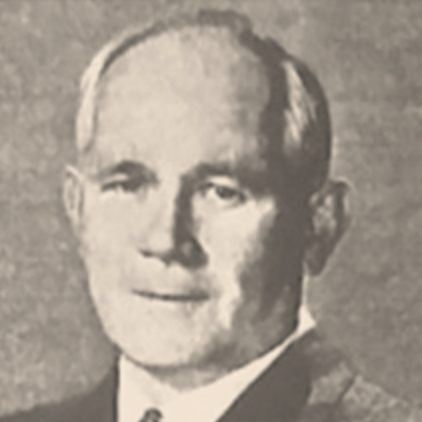
1954
On March 11, 1954, CME was established as an outgrowth of the Chemical Marketing & Economics Division (later renamed to BMGT Division). CME started as a topical discussion group of a large scientific society’s New York Section to cover all phases of industry in society. The inaugural speaker was Dr. Joseph G. Davidson (left), president of Carbide and Carbon Chemicals Company (Union Carbide later acquired by Dow). The founding committee included leaders from the Vick Chemical Company (acquired by P&G), Allied Chemical and Dye (acquired by Honeywell), Celanese Corporation, The Oil, Paint and Drug Reporter (acquired by ICIS), and American Cyanamid (parts of the company were acquired separately by BASF, Pfizer and Cytec).
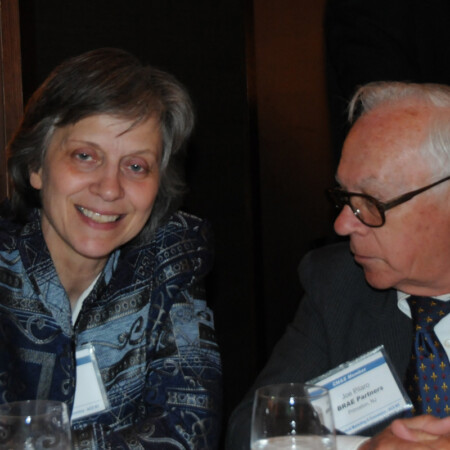
2009-2011
This is a pivotal point for a period of explosive growth. After reshaping the governance, the CME leadership focused on programs and venues of the highest quality as well as diverse STEM talent and sustainability. CME became the first topical group to broadcast webinars marking CME's inflection point with frontiers well beyond the New York area with the support of the Consulates and Chambers of Commerce in NYC.
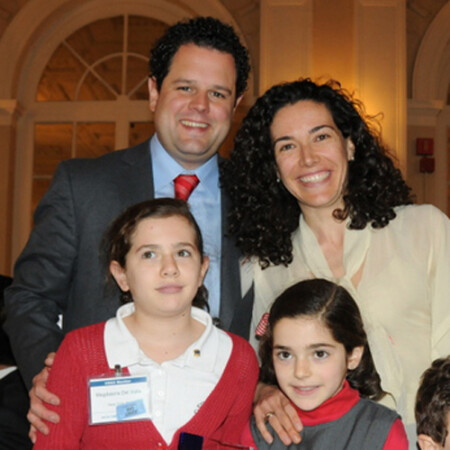
2012
On December 6 CME held the inaugural STEM Leadership Awards to celebrate the leaders of today and enable those of tomorrow. Honorees included Arsenal Capital Partner John Televantos and Airgas Chairman Peter McCausland. Mexichem Chairman Juan Pablo del Valle (left) was the honoree for Global Growth. This warm and festive event won a ChemLuminary Award for Global Engagement and was the first of many awards. CME original and impactful STEM programming accelerated growth that led years later to rank as the largest in revenue among all topical groups or local sections.
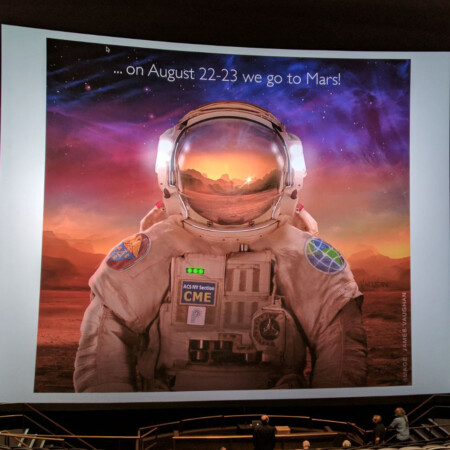
2016
The 12th NASA Administrator Charles Bolden, Jr., and CME Past Chair George Rodriguez agreed to collaborate on the first joint NASA Symposium, a two-day event packed with science and industry developments. It was co-organized by CME and NASA's Office of the Chief Scientist in 2017 with the sponsorship of the Polymer Chemistry Division (POLY) and set a new record in its class with 800 attendees. CME STEM Leadership Awards were presented to Craig Venter (Human Genome), Janet Kavandi (NASA Glenn) and Harry Gray (Caltech) at the IMAX Theater of the Smithsonian National Museum of Air and Space in Washington, DC. The event received a prestigious Award for Divisional Collaboration.
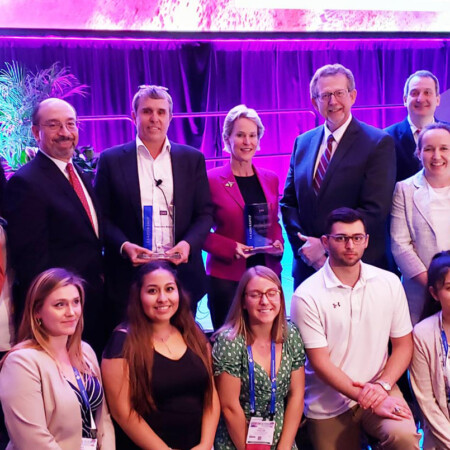
2019
On April 1-2 CME held the 3rd CME NASA Symposium in collaboration with NASA and MPPG at the 254th International Chemistry-related Meeting in Orlando with over 1,000 in attendance. CME STEM Leadership Awards were presented to Nobel Laureates in Chemistry Frances Arnold (2018) and Eric Betzig (2014). CME conceived and sponsored the first ACS Global Outstanding Student & Mentor Awards in concert with the Polymeric Materials: Science & Engineering (PMSE) Division. The symposium was endorsed for the first time in the National Meeting history by all 31 technical divisions. The reception was held at the spectacular Kennedy Space Center in Cape Canaveral.

2020
2020, an indelible year in history, marks the start of a new era for CME. On January 1, 2020, CME became an independent 501(c)(3) nonprofit. The first CME STEM Talk by Thought Leaders on "McKinsey: The Alchemy of Private Equity: Value Curation in the Chemicals Business" in which AI plays an increasingly key role, took place at the Penn Club of New York.
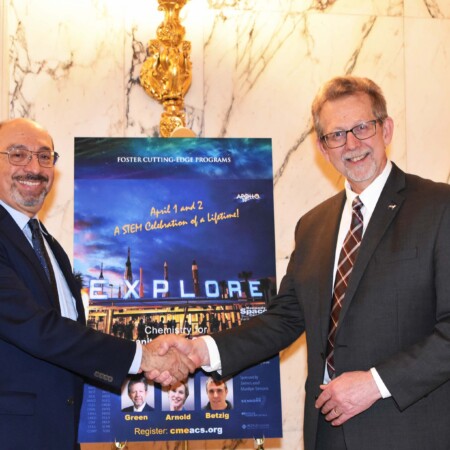
2021
On July 18, 2021, with the support of an extraordinary friend of CME, NASA Chief Scientist Jim Green (right in photo), NASA appointed the first NASA Liaison to CME for the period of five (5) years: NASA Associate Chief Scientist Tara Ruttley. A watershed moment in the annals of CME, this was the culmination of a relationship with NASA that started in 2016 with NASA Administrator Charles Bolden and resulted in some of the most memorable chemistry symposia in recent history, including receptions at the Smithsonian National Air and Space Museum in Washington, DC, and the Kennedy Space Center in Cape Canaveral, Florida.
2022, the year of unprecedented change in the history of humanity with the backdrop of war, food shortages, and soaring energy prices, CME continues to feature relevant topics including food security and also act as the STEM catalyst among organizations such as CropLife America and NASA to leverage the use of satellite information for the benefit of agricultural stakeholders and society at large. We invite you to join our upcoming webinars and sponsor our STEM and Environmental Stewardship initiatives.

